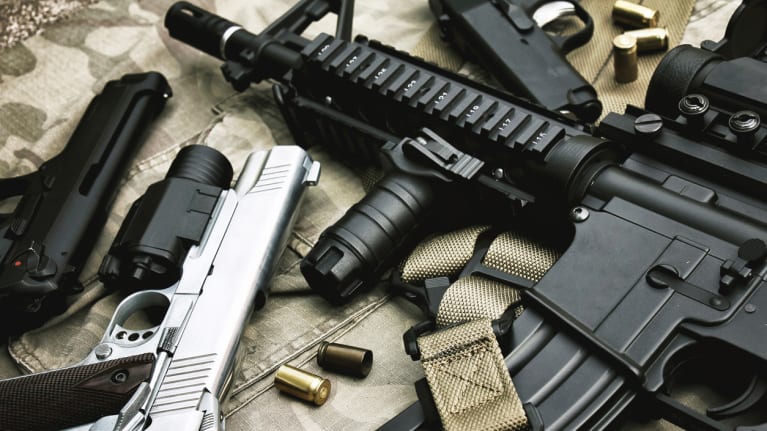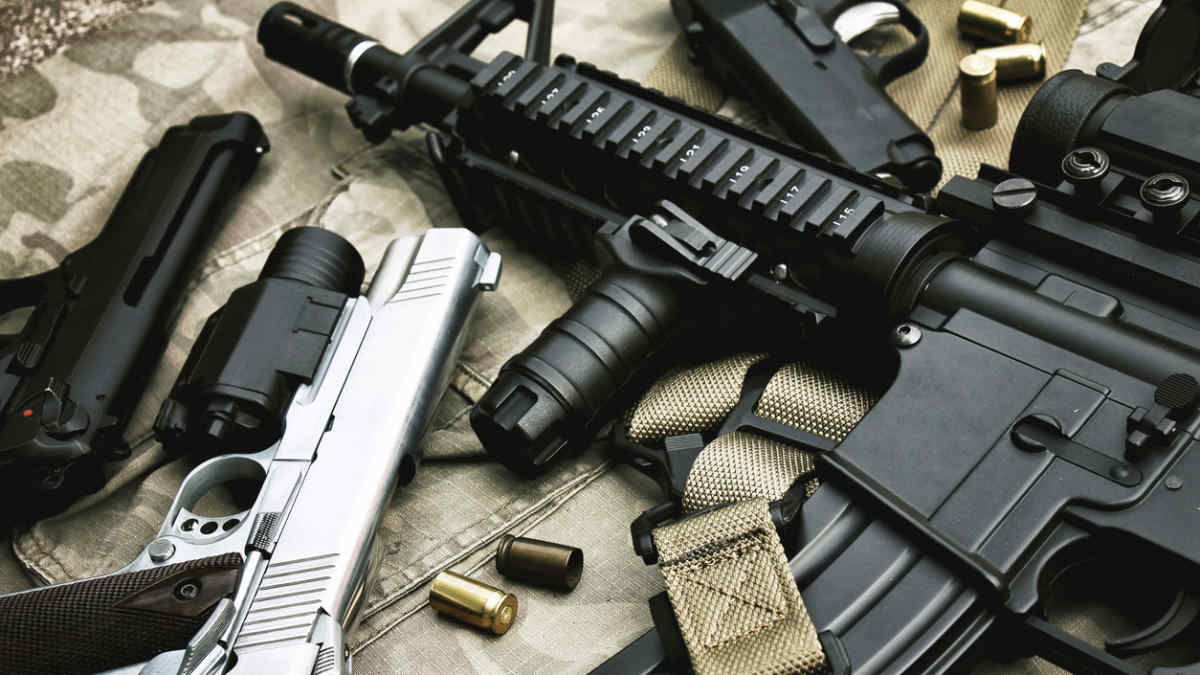

?Currently in Ohio, in order to obtain a concealed handgun license, which is valid for five years, an Ohio resident must submit an application to the county sheriff, pay an initial $67 fee, pass a background check, and meet the minimum educational requirements, which include completing eight hours of training (at least two of which must be in-person training) and passing a written test.
Effective June 13, Ohio Senate Bill No. 215, which Governor Mike DeWine has already signed into law, will permit a qualifying adult to legally carry, possess, or conceal a handgun without a license, background check, or training requirements.
A qualifying adult means a person who is 21 or older, not legally prohibited from possessing or receiving a firearm under federal law or state law, and satisfies various criteria listed in Ohio Revised Code (R.C.) 2923.125.
In general, the new law still permits employers to establish, maintain, and enforce policies prohibiting individuals from carrying handguns or firearms in company buildings or within company vehicles.
Furthermore, it states that private employers are “immune from liability in a civil action for any injury, death, or loss to person or property that allegedly was caused by or related to a [person] bringing a handgun onto the premises or property of the private employer, including motor vehicles owned by the private employer, unless the private employer acted with malicious purpose.”
Transporting and Storing
Employers may be interested to learn that S.B. 215 does not mention R.C. 2923.1210, which prohibits employers from establishing, maintaining, or enforcing rules that restrict any individual with a valid concealed handgun license from transporting or storing a firearm or ammunition.
That applies if each firearm and all of the ammunition remains inside the person’s privately owned motor vehicle while the person is physically present inside the motor vehicle, or is locked in the trunk, glove box, or other enclosed compartment or container in or on the person’s privately owned motor vehicle; and the vehicle is in a location where it is otherwise permitted to be.”
R.C. 2923.1210(C) also grants certain employers immunity from liability as set forth below:
“No business entity, property owner, or public or private employer shall be held liable in any civil action for damages, injuries, or death resulting from or arising out of another person’s actions involving a firearm or ammunition transported or stored pursuant to division (A) of this section, including the theft of a firearm from an employee’s or invitee’s automobile, unless the business entity, property owner, or public or private employer intentionally solicited or procured the other person’s injurious actions.”
Need to Revise Handbooks
Under Ohio’s new law, because all qualifying adults have all the same rights that are granted to individuals who have been issued concealed handgun licenses, employers will not be permitted to enforce rules prohibiting individuals, including those without concealed handgun licenses, from transporting or storing firearms or ammunition.
Employers may want to consider reviewing and revising their employee handbooks or applicable policies to ensure compliance with this new law.
Amanda T. Quan is an attorney with Ogletree Deakins in Cleveland. © 2022 Ogletree Deakins. All rights reserved. Reposted with permission.

